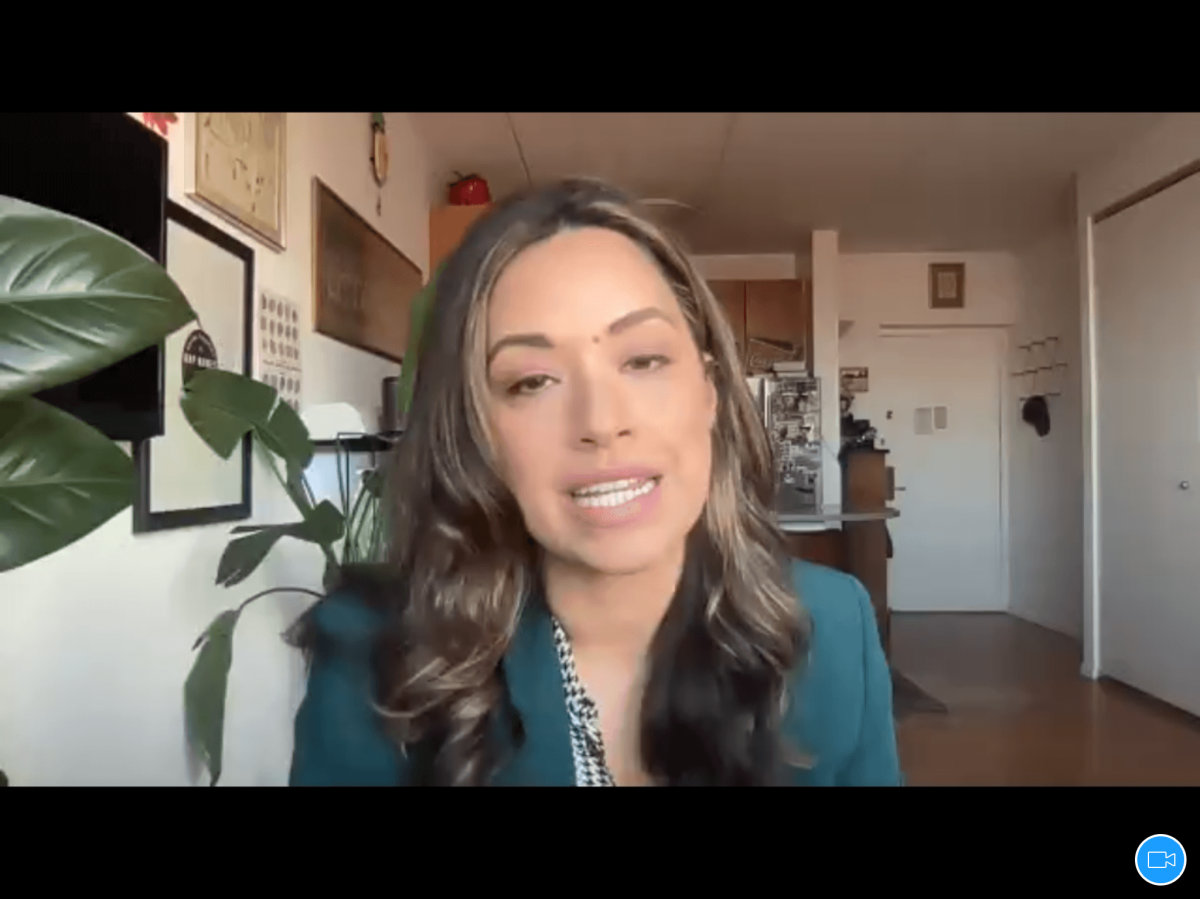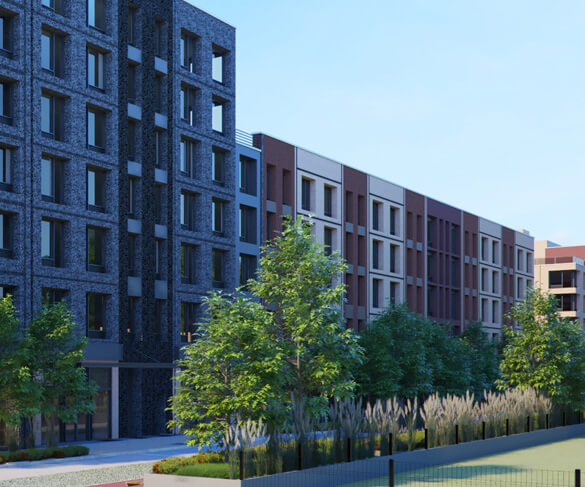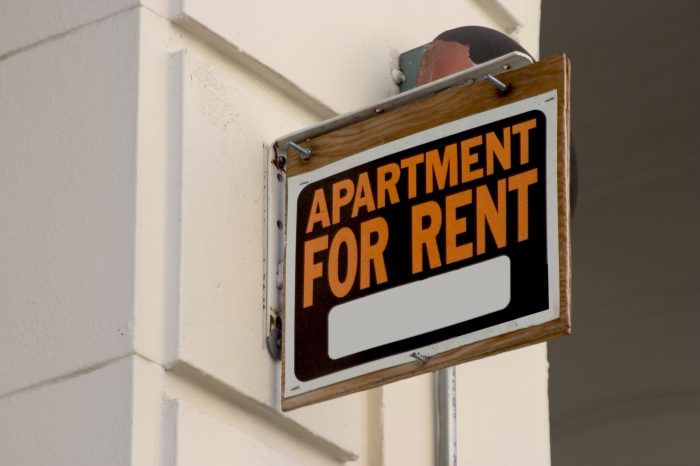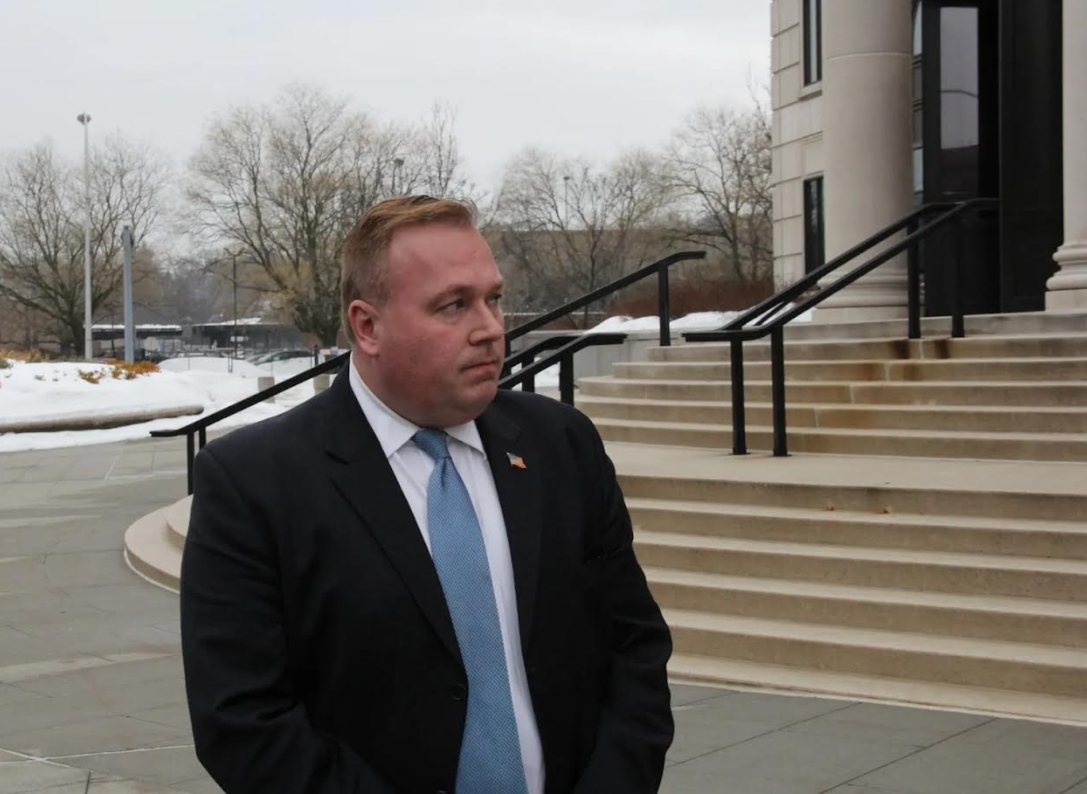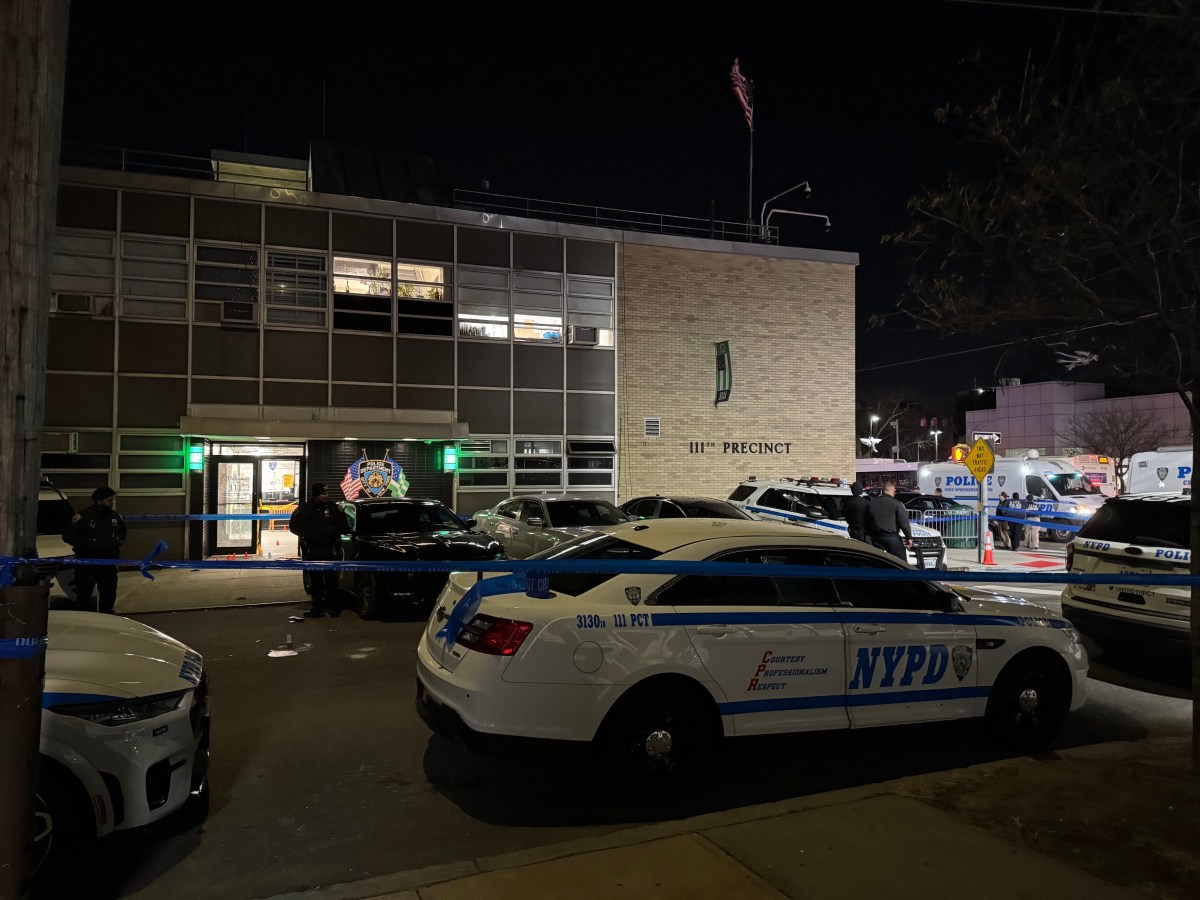The City Council’s now considering two bills aimed at helping nonprofits get a head start on submitting purchase offers of residential building organizations that have gone belly up during the COVID-19 pandemic.
Just a few hours before a Jan. 19 hearing of the Council’s Housing and Buildings Committee, Council Members Carlina Rivera and Brad Landers hosted a virtual rally to advocate for their two bills — the Community Opportunity to Purchase Act (COPA) and a community land trust — which they believe will play a significant role in providing affordable housing throughout New York City.
“We stand at an important crossroads today for the future of affordable housing in New York City. Recent estimates show that New York tenants owe over $1 billion in unpaid rent as the COVID-19 pandemic has continued to rage. We are poised to be dealing with an unprecedented eviction crisis late this year. One the likes our city has never seen before,” Rivera said over Zoom.
Both of these bills seek to create more affordable housing prospects by pushing for nonprofits to have the first opportunity to purchase residential buildings before other private organizations.
“At the same time this chaotic market has proven to be an opportune time for private equity and real estate firms to swoop in on cheaper properties with record low interest rates. We can’t sit by and do nothing. We have to build a future for New York City where affordable housing in all shapes and sizes remains possible,” Rivera said.
Rivera’s bill, Intro. 1977-2020, also known as COPA, gives nonprofits a leg up on submitting purchase offers (about 120-day jump where the seller cannot accept any other offer during that time frame), which she believes will attempt to prevent private organizations from buying a residential site that has gone out of business and then transforming it into luxury housing/market rate apartments.
“COPA will give affordable housing and community developers a right of first refusal on any new properties listed on the hyper-competitive New York City real estate market. This will give nonprofit affordable housing developers, community land trusts, and other organizations critical time and flexibility that they will need to put together the financing that’s needed to make a fair market offer on these properties,” Rivera added.
Lander’s bill, Intro. 0118-2018, would establish a land bank for New York City, which calls for the sale of properties to be prioritized for nonprofits and community land trusts over private developers.
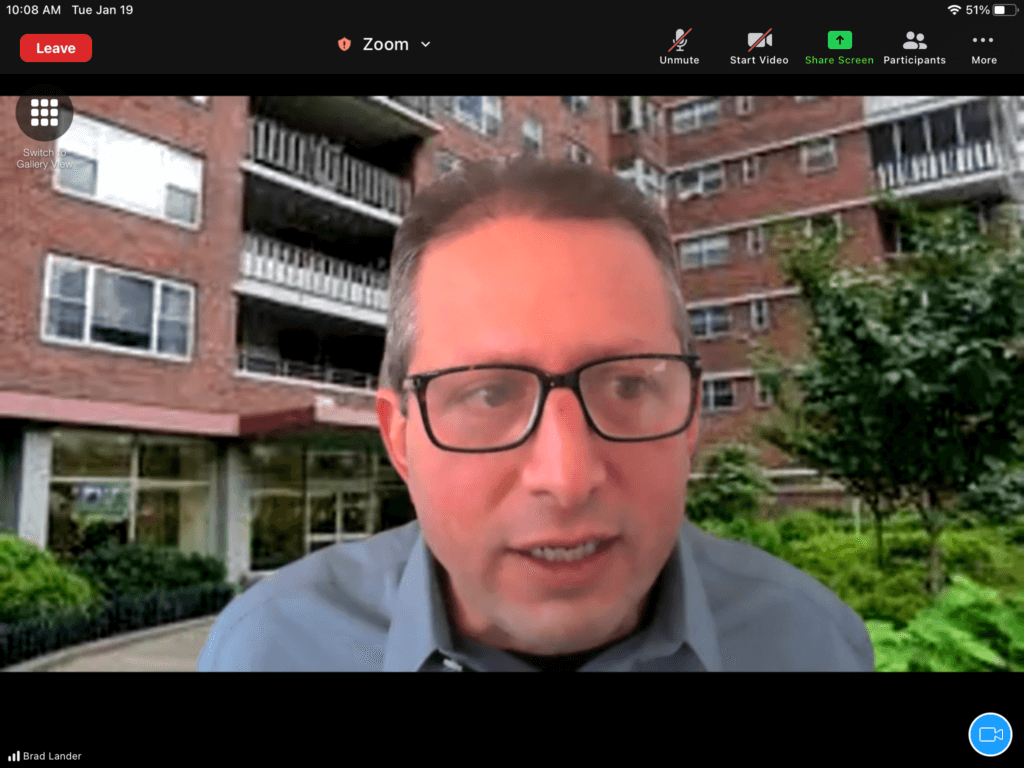
“We know that there is the risk of massive investment by private investment equity funds eager to profit over the distress of property owners just like we saw after the 2008 mortgage crisis,” Landers said, explaining that this example was a detriment to the community and can be stopped by instilling the COPA and community land trust bills.
“By treating housing as a public good, rather than a vehicle for profit, we can help ensure that all New Yorkers have a home they can afford,” Landers added.
Both of these pieces of legislation have a singular goal in mind—to ensure that purchased properties are being bought by organizations who will either create or at least maintain affordable housing for New Yorkers.
In light of the economic crisis, homelessness, and slew of other issues that have been exacerbated by the COVID-19 pandemic, elected officials are attempting to address the housing crisis by creating parameters to protect those most vulnerable. Many hotels, building owners, and other properties have forced out of business, and some members of the City Council fear that private firms will take this opportunity to turn a profit on the already unstable real estate market.
Rivera and Landers believe their bills will prevent an increase in gentrification in areas that have suffered the most during the pandemic by allowing city-approved nonprofits to create and control affordable housing.
At the 1pm New York City Council Committee on Housing and Buildings hearing, the New York State Real Estate Board submitted a statement with their reservations against the implementation of these two bills.
The Real Estate Board of New York (REBNY), New York City’s leading real estate trade association, find the concept behind these bills have good intentions since the use of land banks and community land trusts work as stabilization tools; however, they disagree with the implementations of Intro 118 and Intro 1977.
According to their statement, “Both bills prohibit public-private partnerships as a preference category for the former and the expulsion of private developers as qualified entities in the latter – both bills will result in less housing and cost the city more money for the housing that is produced.”
REBNY also added, “Moreover, this limitation would not align with how many of the successful land banks throughout New York State currently do business. Other land banks look for qualified not for profit and private developers, and do not limit the universe of qualified partners in spite of their housing goals. Such a limitation would be counter-intuitive to the end goal of increasing affordable housing. Finally, Intro 1977 raises a number of legal concerns, including the arbitrary and capriciousness of exclusion of all private entities, broad scope of properties included, and the relationship to the Martin Act.”
Rivera shared during the virtual rally that her bill is similar to ones in effect in Washington D.C. and San Francisco, which she says has not interrupted the real estate market in either city and allows for numerous housing projects.
“To be clear, developers can still consider other offers. This is simply about giving affordable housing producers a fair shot. Think about the massive improvements these organizations can make in efficiency and planning by simply knowing about the full range of properties available and having the guarantee that they will be considered just as seriously by a seller as a market rate real estate developer would be,” Rivera said.
REBNY opposes both bills and believes there should be universal agreement in increasing affordable homeownership opportunities for New Yorkers rather than favoring one business model over another.
“Unfortunately, this bill does not accomplish that goal and instead prioritizes one type of business model over another in an overreach into private property transactions, raising a number of legal concerns along the way. First, this bill raises the very same legal concerns that existed in 2005 when the City Council passed the Tenant Empowerment Act. That bill, like this one, was deemed preempted under State and Federal Law for being overly broad and for failing to take into consideration certain statutory rights of first refusal,” REBNY wrote in their statement.
Rivera and Landers are hopeful that their bills will be approved and supported by Mayor Bill de Blasio.



